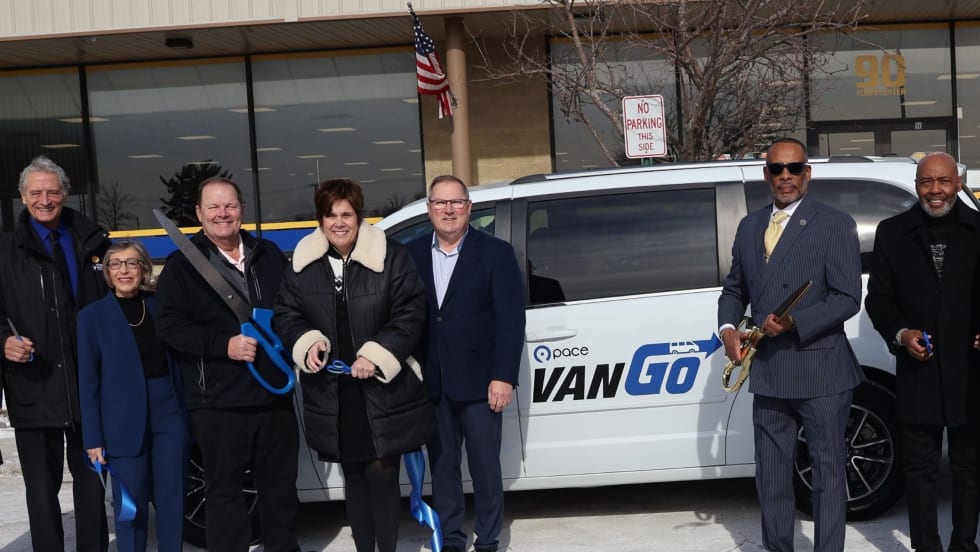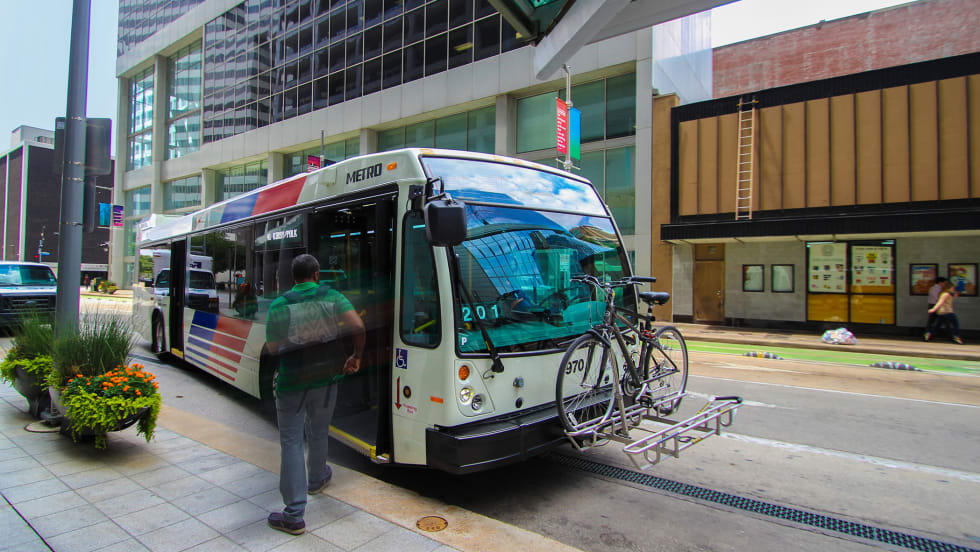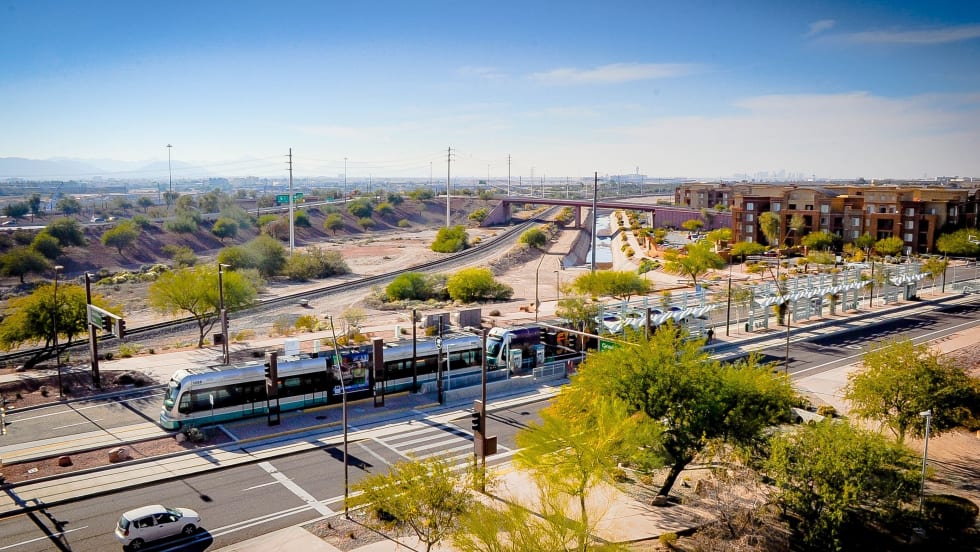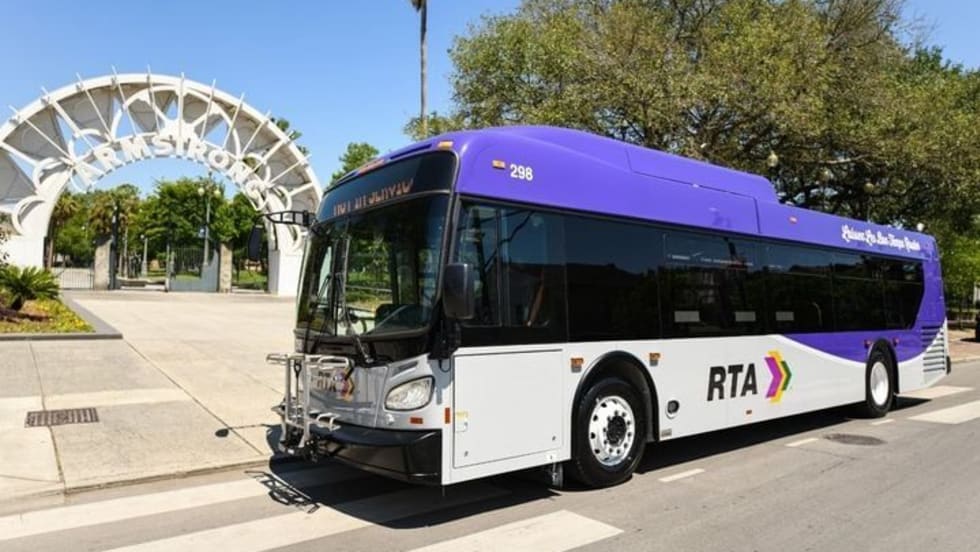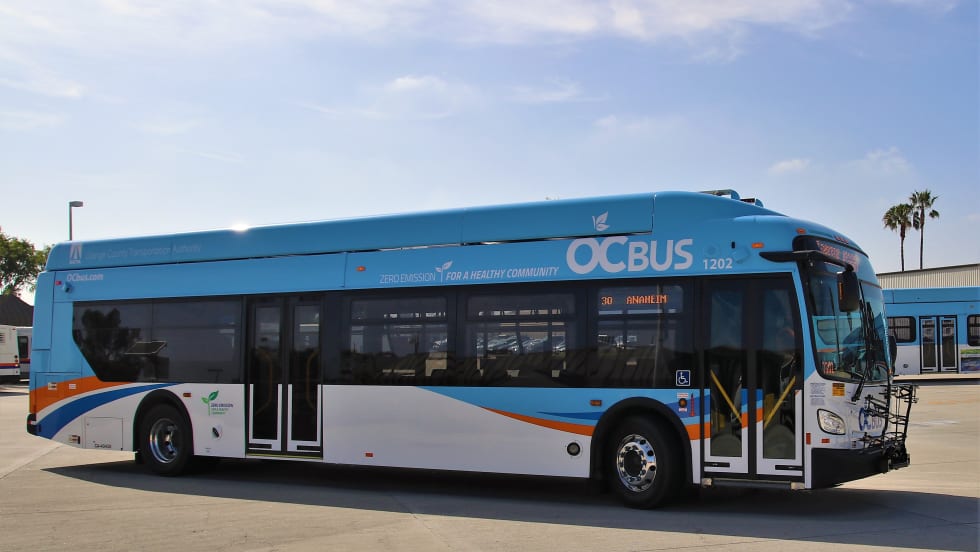Greg Kelly, PE, president/CEO at STV, provided a look at how the agency is addressing transit equity, the challenges of funding, and more.
How is your firm addressing diversity and inclusion? Have you put any plans in place to increase awareness of the industries you serve to help attract a more diverse hiring pool?
STV is committed to creating a culture that embraces people of all backgrounds and gives everyone an equitable opportunity to achieve. To work toward this goal, we have taken a number of important steps. First, we established our Diversity Equity and Inclusion Council to work with our company leaders and provide advice and guidance to the organization as we progress on our DEI journey. The council represents employees across our geographies, functions, generations, and tenure, bringing their unique insights and experiences to help improve our organization.
With our DEI Council in place, we proactively reviewed our company policies to include more inclusive language to better support our employees of diverse backgrounds, which included expanding our family leave policies and updating our approach to company holiday allowances so employees have the flexibility to celebrate the holidays and cultural events that are meaningful to them.
We also added robust DEI awareness curriculum to our tool belt, offering employees training focused on unconscious bias and other relevant topics to continuously develop our talent and help them grow as their careers progress.
What are some introductory ways you feel that transit and their suppliers/partners can truly impact the idea of diversity and inclusion in a genuine way?
As a leader in the transit market, STV takes our responsibility to advance DEI in our work seriously. Recently, we prepared a Gender Action Plan, a first-of-its-kind study of the needs of female mass transit riders, for the Los Angeles County Metropolitan Transportation Authority’s public transportation system. We also boast a dedicated team of ADA accessibility and universal design experts. We have invested in these types of resources to ensure we are providing our clients, communities, and partners with the most inclusive solutions we can when it comes to equity in transit.
How has the pandemic impacted your workforce and what are you doing to address those issues, if any?
Throughout the last two years, I have been so impressed by the flexibility and resilience of our team at STV. They have continuously provided the stellar level of service that our clients expect from us. We will continue to remain flexible in this still very fluid situation to make sure we are meeting the needs of our communities, which includes both our clients and employees.
In the past, transit’s biggest issue has been funding. What is the biggest challenge now that the industry will face in leveraging the unprecedented funding it is set to receive?
If we are honest with ourselves, the past has taught us that the biggest challenge has been on our ability to maximize the return on infrastructure investments. With a greater Federal emphasis on climate change and social equity, the Infrastructure Investment and Jobs Act is a generational opportunity to deliver projects differently for our industry. The biggest challenge in leveraging funds will be ensuring that projects address the economic development needs of our communities across neighborhoods and within a region.
At the local level, this should include employment and skills training as an integral component of the project procurement process. STV is committed to aligning with transportation equity advocates and evolving how we partner with our clients.
How is your agency working with groups representing more diversity and inclusion, such as COMTO, LIT, and WTS?
STV is proud to have strong relationships with industry organizations that champion diversity and inclusion. Across the country, several members of our team have received recognition for their service by chapters of WTS and the National Association of Minority Contractors. Most recently, STV Executive VP Luis Delgado was elected chair of the Regional Hispanic Contractors Association for the 2022-2024 term, promoting and supporting the advancement and economic growth of Hispanic and minority contractors, architects, and engineers in Texas. We work with a host of groups to ensure we are tapping into as many diverse networks as possible, so we get the best talent out there from all walks of life.
What is your outlook for electric buses in transit? Do you feel it is something that will take hold across the nation, or is it more subjective based on the where the agency is located and what their needs are?
There is no doubt that electric buses in transit is the way of the future. We are already seeing many of our clients make this transition and many more agencies across the country are beginning to focus on converting their programs as well. In Los Angeles, for example, we are working with The Los Angeles Country Metropolitan Transportation Authority to transition its entire bus fleet and bus maintenance facilities from compressed natural gas to zero-emission technology. Similarly, in San Diego, we are working with the North County Transit District to plan a phased implementation to transition from diesel and compressed natural gas busses to battery-electric and hydrogen fuel-cell vehicles. From these projects, our technical experts have shared unique insights on electrification that are being utilized to promote smarter, more resilient, and sustainable modalities of transit.





